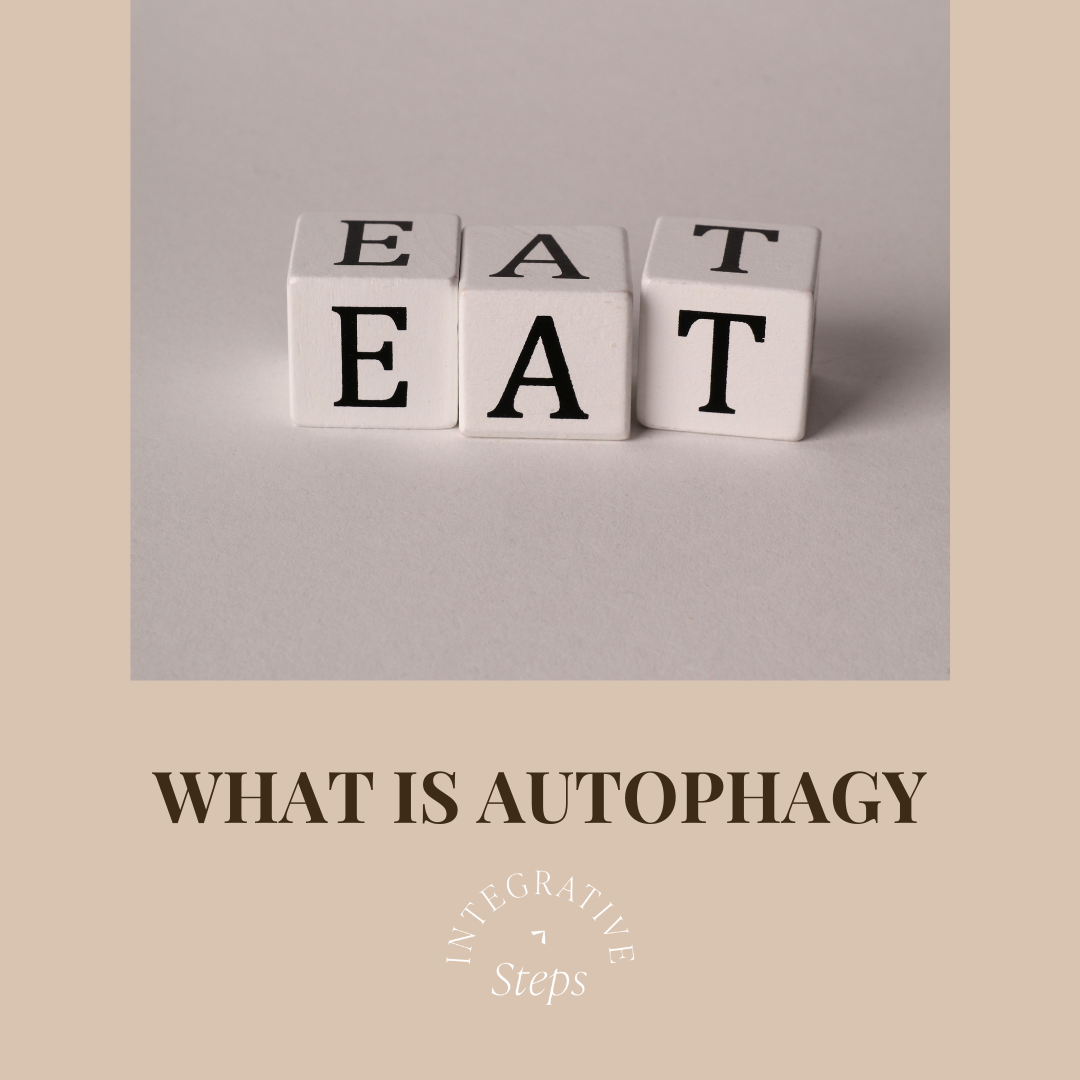What is Autophagy and Why Should You Care
What exactly is autophagy and how does it affect your body

What exactly is autophagy and how does it affect your body

You may have heard the term autophagy in relation to health and wellness topics such as intermittent fasting, weight loss, aging, and disease prevention.
But what exactly is autophagy and how does it affect your body?
Autophagy is a Greek word that means “self-eating”. It is a natural process that occurs in your cells, where they break down and recycle their own components. Think of it as a cellular cleaning service that removes the old, damaged, or unwanted parts of your cells and uses them to create new and healthy ones.
Autophagy helps your cells function optimally and prevents the accumulation of waste and toxins. Autophagy is essential for your health and well-being.
It plays a role in many aspects of your physiology, such as:
Energy metabolism
Aging and longevity
Neurodegeneration and cognition
Cancer prevention and treatment
As you can see, autophagy is a vital process that supports your health on multiple levels.
However, autophagy is not always active in your body. It can be determined by several factors, such as:
Eating too much or too often can inhibit autophagy, as it keeps your cells in a constant state of growth and energy production. On the other hand, eating less or less frequently can stimulate autophagy, as it triggers a cellular stress response that activates the recycling process.
Physical activity can induce autophagy, as it increases the energy demand and oxidative stress of your cells. This prompts them to clean up and repair themselves to cope with the exercise challenge.
Adequate sleep can enhance autophagy, as it allows your cells to rest and rejuvenate during the night. Lack of sleep can impair autophagy, as it disrupts the circadian rhythm and hormonal balance of your cells.
Certain natural compounds can modulate autophagy, either by mimicking the effects of fasting or exercise or by directly activating the molecular pathways involved in the process. Some examples are resveratrol, curcumin, green tea extract, quercetin, berberine, and spermidine. Always check with your healthcare provider before beginning any supplement regiment.
To optimize your health and wellness, you may consider incorporating some of these strategies into your lifestyle to boost autophagy levels.
However, keep in mind that autophagy is not a one-size-fits-all solution. It is a complex and dynamic process that needs to be balanced according to your individual needs and goals. Too much or too little autophagy can have negative consequences for your health.